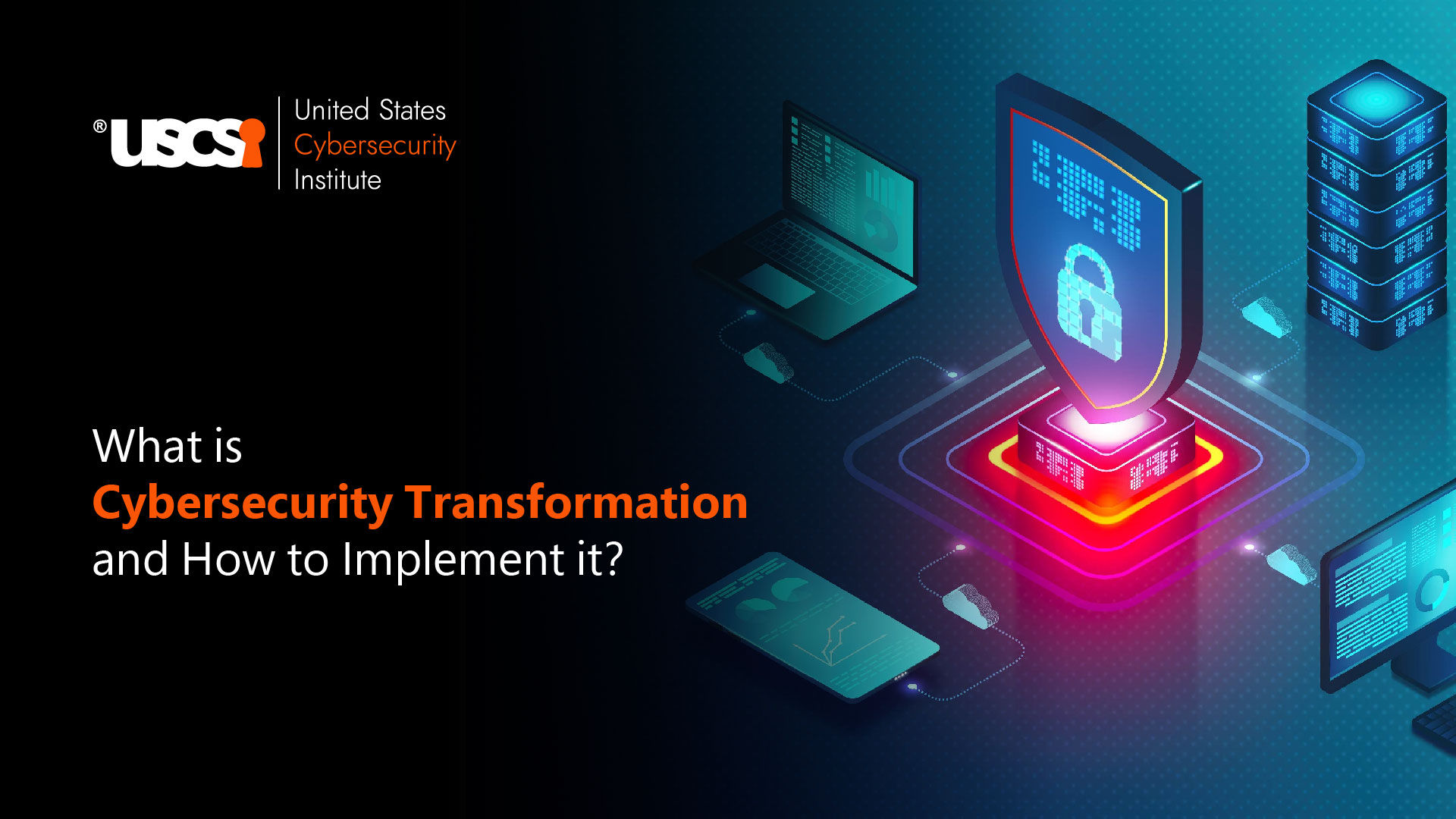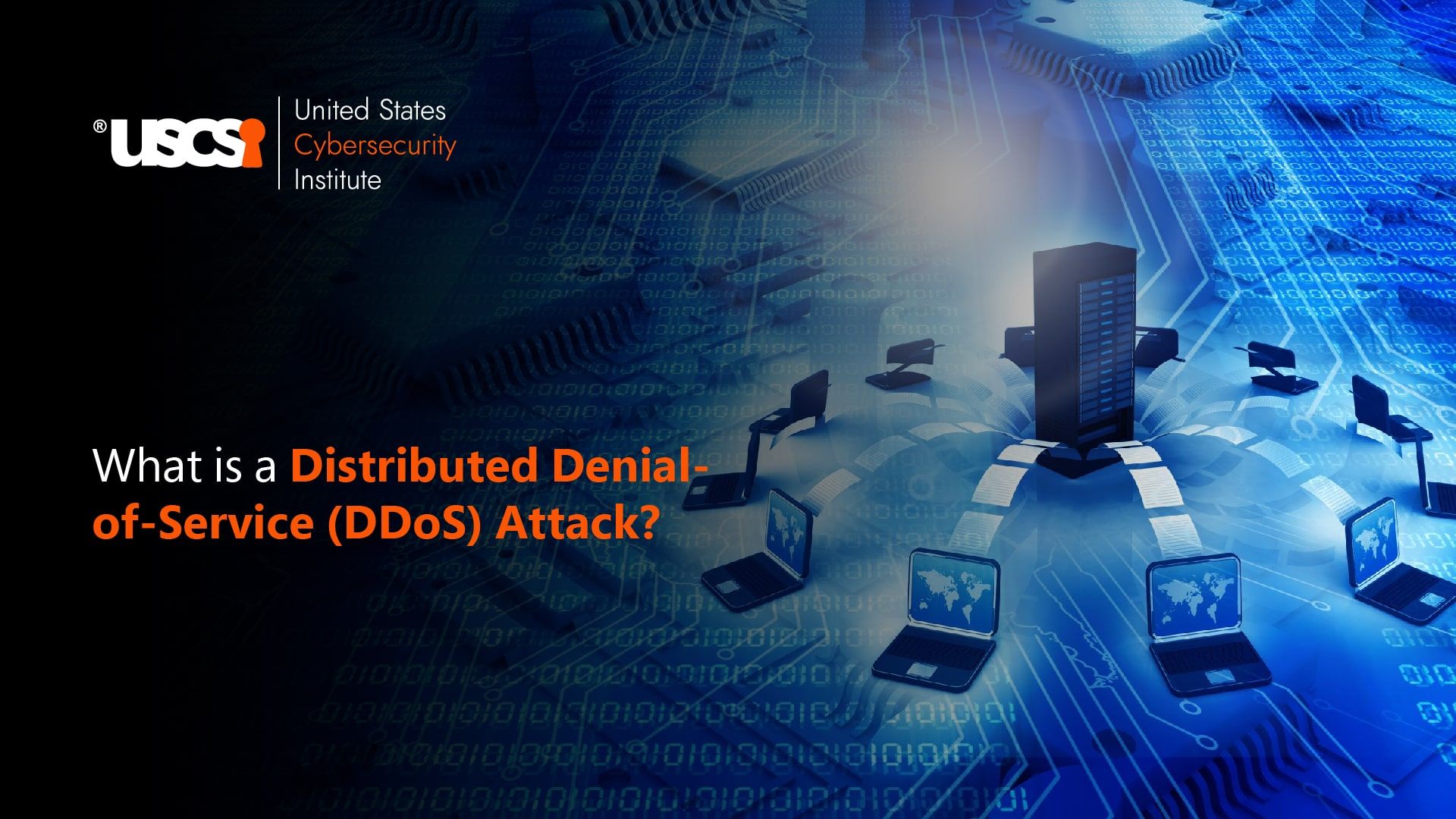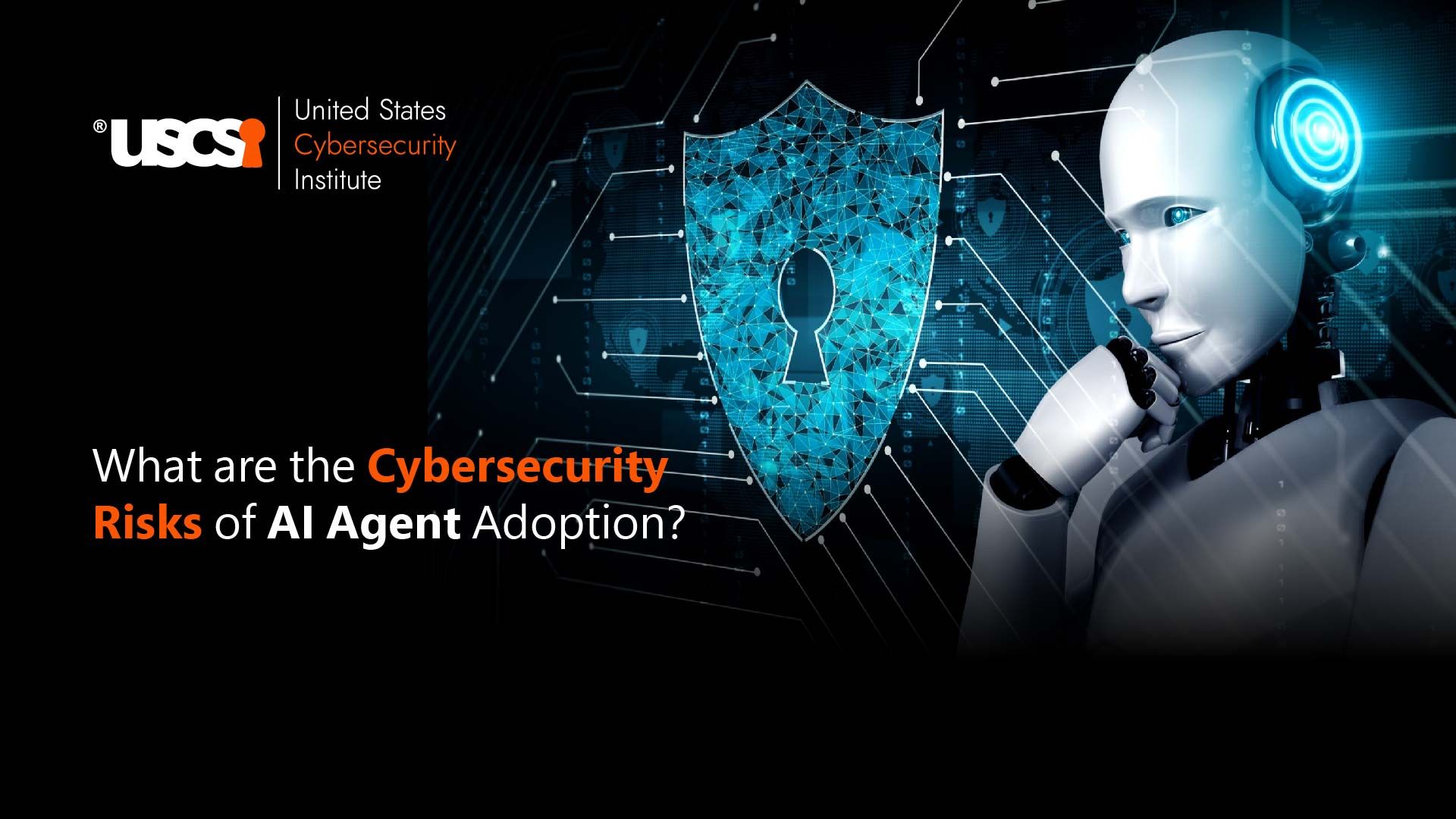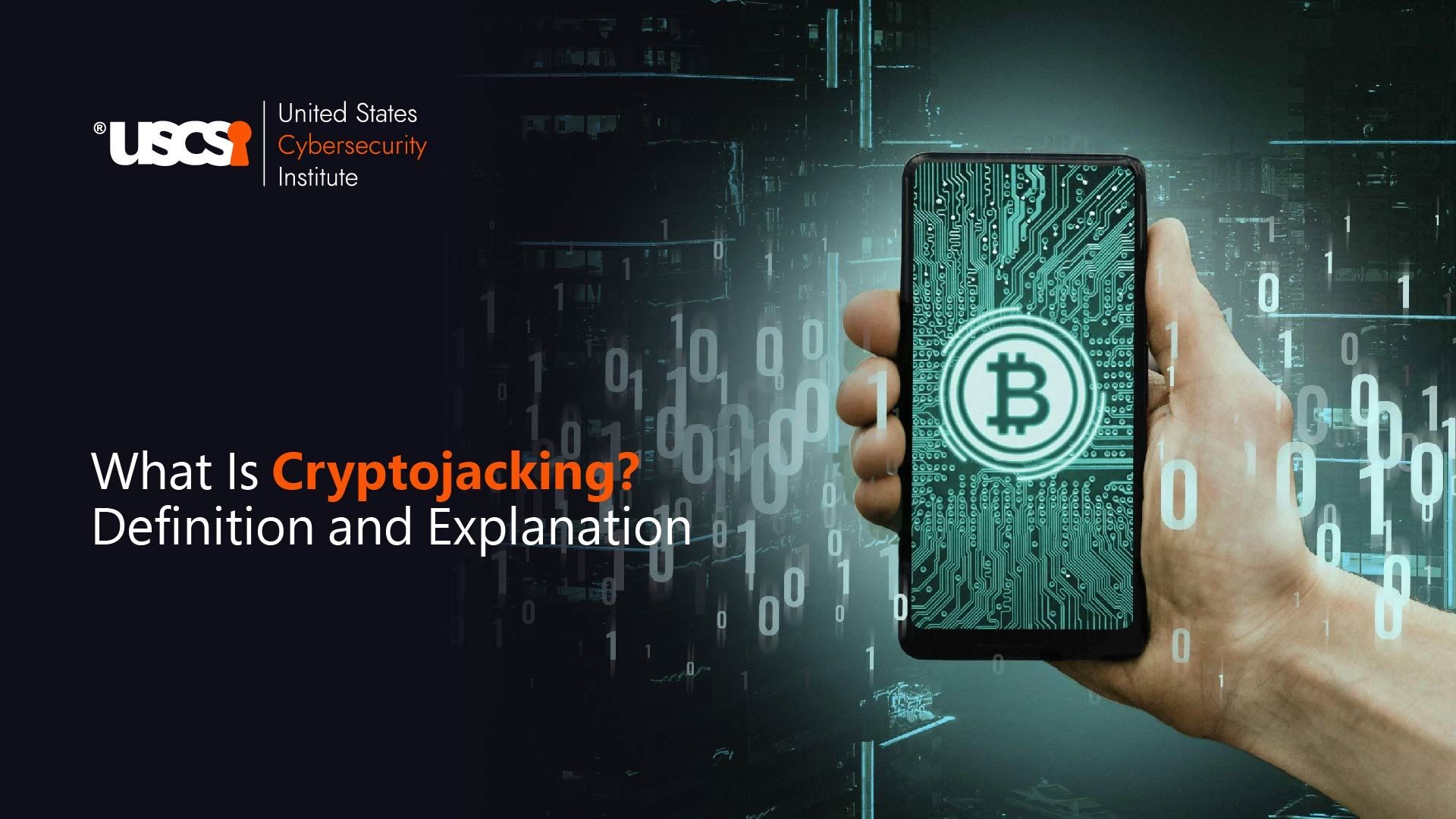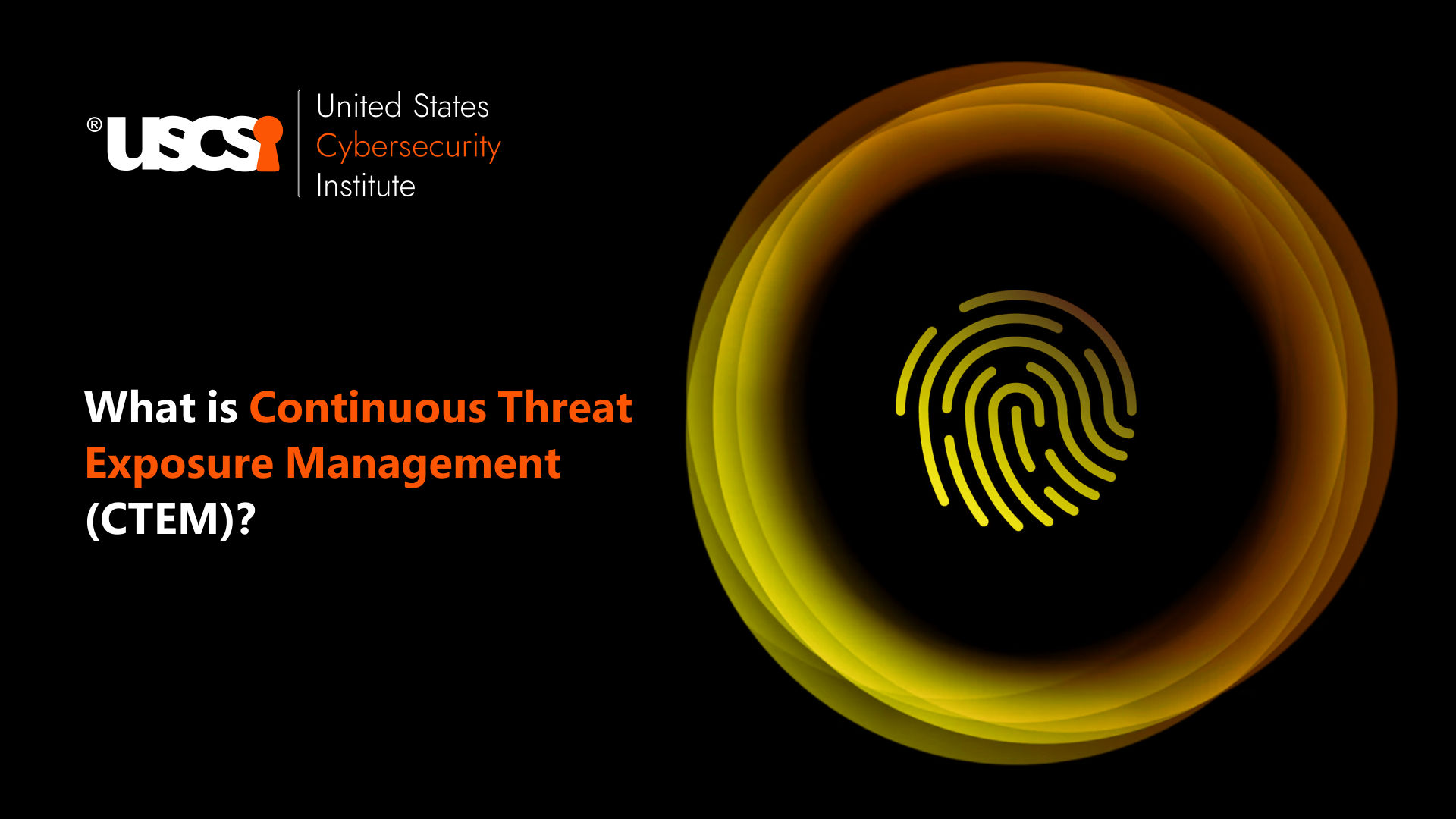

How can Small Businesses Counter Cyber Threats with Cybersecurity
Cybersecurity has always been the bone of contention for businesses of all sizes. Today, talking of small business’s security landscape; it is highly essential to invest in cybersecurity strategies. Cybercriminals attack a business irrespective of their size. There are not enough certified cybersecurity professionals to counter cybercrime as it is reflected that 56% of organizations struggle to recruit and 54% struggle to retain cyber talent (StationX.net).
Small businesses account for 43% of attacks annually and 46% of cyberattacks are small businesses with 1000 or fewer employees (Astrasecurity). This brings the spotlight to the fact that irrespective of the size of the organization, cyber threats will continue to rise and become more heinous and graver over time.
The year 2024 is expected to witness a surge in cyberattacks driven by global events and the widespread accessibility of advanced technologies. It is revealed by PwC that CISOs and CIOs should pay attention to a prevailing sentiment as 52% expect Generative AI to lead to catastrophic cyberattacks in the coming year. The year 2024 is predicted to cost heavily on account of malicious and ever-so-dangerous cyberattacks. By the end of this year, the cost of cyberattacks on the global economy is predicted to top USD 10.5 trillion (IBM). Let us understand how small businesses can be made more secure and capable of guarding their systems and information from malicious cybersecurity threat actors.
What makes small businesses easy prey to cyber attackers?
Cybercriminals target small businesses as they possess limited resources and are potentially weaker in security measures deployment. They are incapable of taking prompt action in the wake of cyberattacks.
What kind of cyberattacks will be prevalent in 2024?
AI-powered cybercriminals are taking charge of the latest in the attacking platforms. They are employing Artificial intelligence and machine learning in their attacks; making them more challenging to detect and mitigate threats. Adversarial AI will be used to evade security measures and enhance attack strategies. Let us see some of the deadliest cyberattacks taking place in 2024.
- Social engineering
- Third-party exposure
- Configuration mistakes
- Poor cyber hygiene
- Cloud vulnerabilities
- Mobile device vulnerabilities
- Internet of things
- Ransomware
- Poor data management
- Inefficient post-attack procedures
The cyberattack landscape has just begun to warm and there’s a lot more to witness in the malicious cyberattacks relay. With smart AI and technologies in place, threat actors have become even more smarter. This calls for targeted business solutions to disarm attacks and safeguard sensitive data. It is time to understand the essentials of becoming a skilled cybersecurity professional in 2024. Let us see how cyber experts are capable of fighting against cyber threats by deploying the best practices for small business owners.
Top 4 Cybersecurity Best Practices for Small Businesses:
- Building fail-proof cybersecurity strategies
A cybersecurity strategy is designed to maximize the security and resilience of an organization. It is inclusive of key steps to establish a set of objectives and protocols to help keep the organization secure. A centralized and decentralized strategy can be designated to counter attacks by delegating the most accurate security functions. A robust cybersecurity strategy is people-centric that protects all types of data, especially sensitive and proprietary information.
- Device strong passwords and multi-factor authentication
What does a strong password infer? It is simply designed to be hard for a person or program to crack or guess. It usually expects you to use characters both uppercase and lowercase, numbers, symbols, and no obvious common words. Multi-factor authentication requires you to verify your identity on two different devices to decrease the occurrence of fraud. Zero-trust architectures are designed to protect modern environments and enable digital transformation by using strong authentication methods, leveraging network segmentation, and preventing lateral movement. ZTA principle is rooted in the sheer idea of ‘never trust, always verify.’
- Conduct regular cybersecurity audits and software updates
A cybersecurity audit is a comprehensive assessment and analysis of an organization’s cybersecurity and the risks entailed. Its clear objective is to proactively identify vulnerabilities, threats, and associated mitigation options to prevent weaknesses from being exploited. Audits should be conducted once a year (at least). Businesses dealing with personal information and big data should audit twice a year. Cybersecurity auditing helps businesses keep up with compliance and legal requirements. Regular updates of the software, operating systems, and applications with the latest security patches and features are an essential feature of securing cyber systems.
- Empower employees across teams with IT training and cybersecurity certifications
Cybersecurity best practices are meant for businesses to implement as they rely on employees to make sure they’re creating strong passwords and upholding all security policies. Companies must raise awareness among employees that they are complying with cybersecurity practices, explain their importance, and provide guidelines along with credible to amplify their cybersecurity prowess.
Cybersecurity professionals will be in high demand in 2024. Software developers, quality assurance analysts, and penetration testers are projected to grow 25% through 2032 (US Bureau of Labor Statistics). The expected increase in employment for these jobs proves that cybersecurity is a good career to consider for longevity. It is high time to power up your resume with the world’s best cybersecurity certifications that can leverage the highest push to your career as well as strengthen global industry security standards.

